Displaying 31 - 45 of 75
Meet Lisa Hiruki-Raring: Education and Outreach Coordinator for the Alaska Fisheries Science Center
Lisa Hiruki-Raring works to translate the research that NOAA Fisheries scientists do into educational activities or resources.
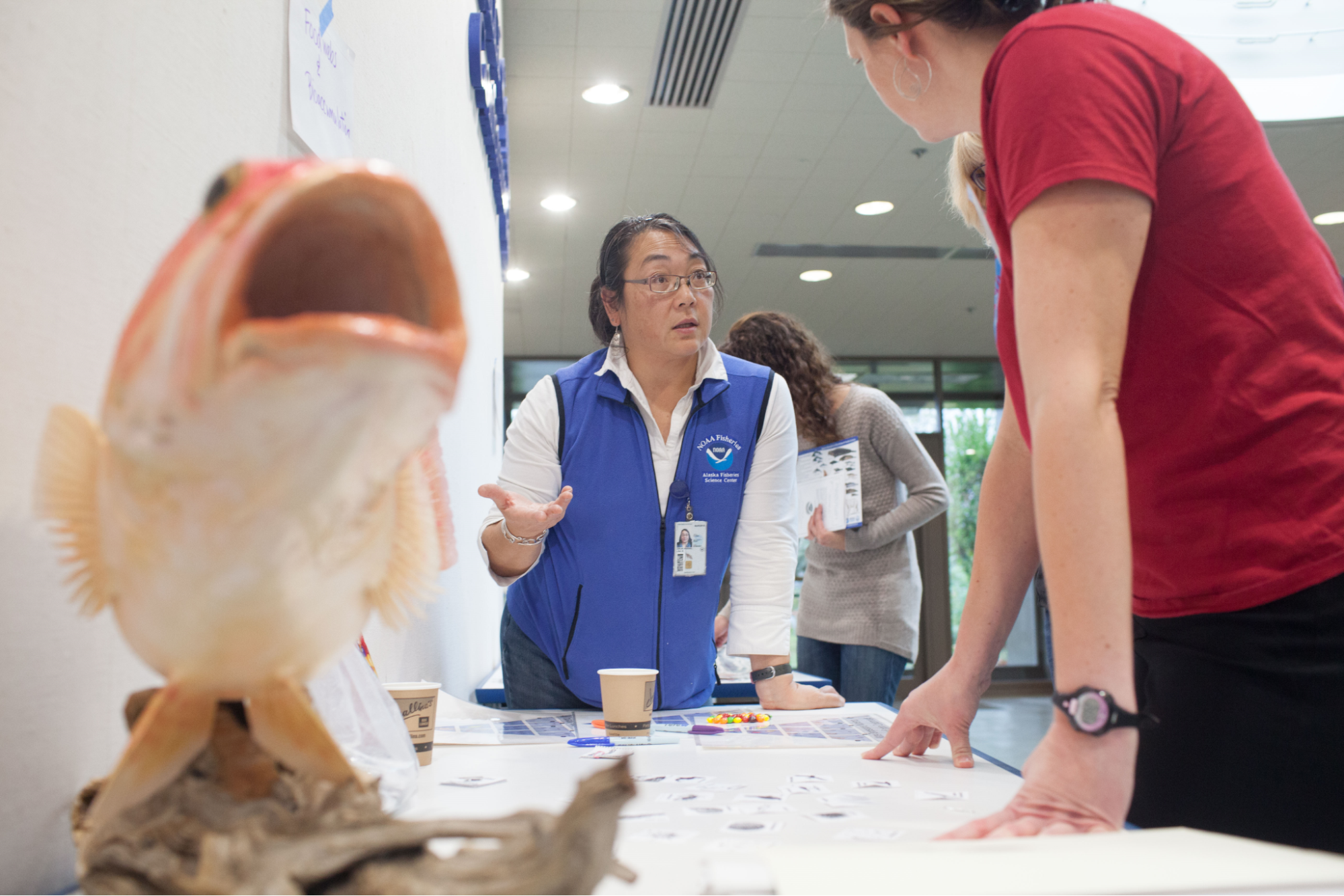
North Slope Borough, NOAA, University of Washington and Cooperative Institute for Climate Ocean and Ecosystem Studies Scientists Collaborate to Monitor Whales in 2020 in Northern Alaska
When it comes to observing bowhead whales in Arctic waters, scientists and Indigenous communities are learning to “expect the unexpected.”
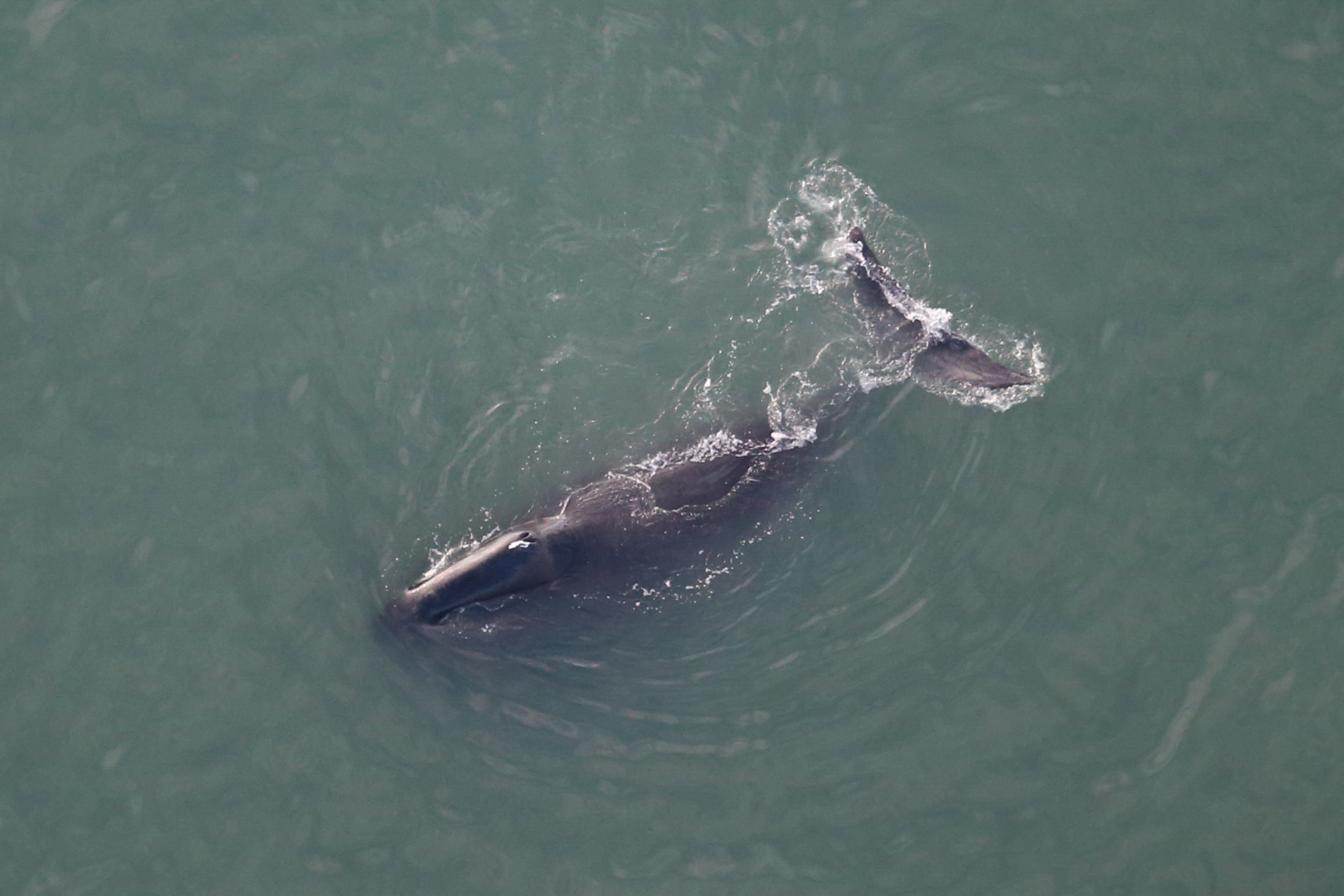
Update on Continuing Process to Clarify Marine Mammal Harvest Eligibility
NOAA Fisheries and the U.S. Fish and Wildlife Service are reviewing requirements for Alaska Native marine mammal harvest eligibilities.
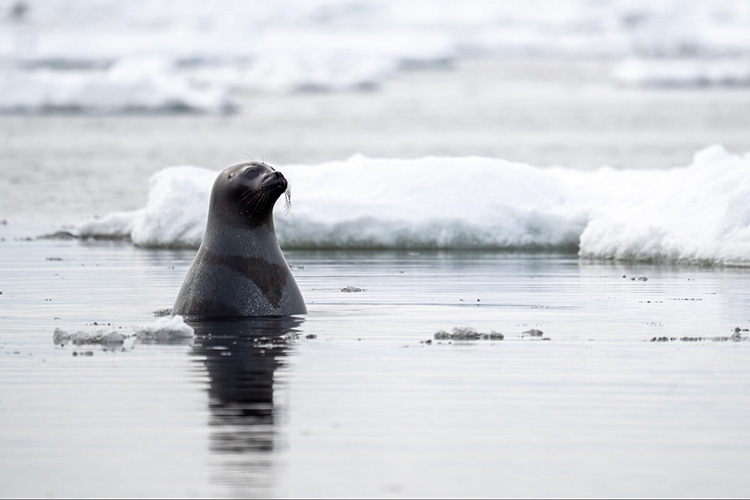
Innovative Technologies Expand Research Capabilities in Alaska Marine Ecosystems
At NOAA Fisheries, we are working hard to better understand Alaska ocean ecosystems and to gather needed information to ensure healthy fish, crab and marine mammal populations. We do this by using varied and innovative technologies to both monitor and stu
Quiz Page: Test Your Knowledge
Introduced in June 2018 for National Ocean Month, our online quizzes give you a chance to find out what you know about various ocean topics, and to improve your knowledge with fascinating facts.
Marine Mammal Entanglement and Marine Debris in Alaska
Marine debris adversely impacts more than 800 marine and coastal species.
Marine Mammal Protection
NOAA Fisheries works to help all marine mammals protected under the Marine Mammal Protection Act, Endangered Species Act, and other laws and policies.
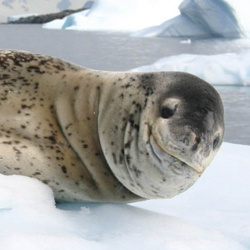
2019 Aerial Surveys Of Arctic Marine Mammals - Post 1
Each year we conduct aerial surveys of the northern and western coasts of Alaska, in the Beaufort and Chukchi seas.

National Marine Mammal Tissue Bank
The National Marine Mammal Tissue Bank is an important component of the Marine Mammal Health and Stranding Response Program.
Marine Mammals on the West Coast
To report a dead, injured, or stranded marine mammal in Washington, Oregon, or California, please call the West Coast Region Stranding Hotline: 1-866-767-6114.
Ice-associated Seal Ecology Research Survey - Post 3
Ice-associated seal research survey in the central Bering Sea.
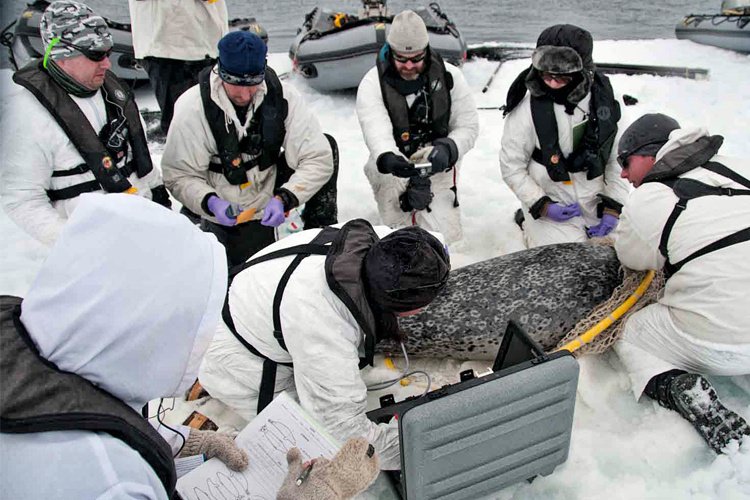
Why Do Whales Migrate? They Return To The Tropics To Shed Their Skin, Scientists Say
First suggested for killer whales, skin molt may drive long-distance migration for all whales that forage in cold waters.
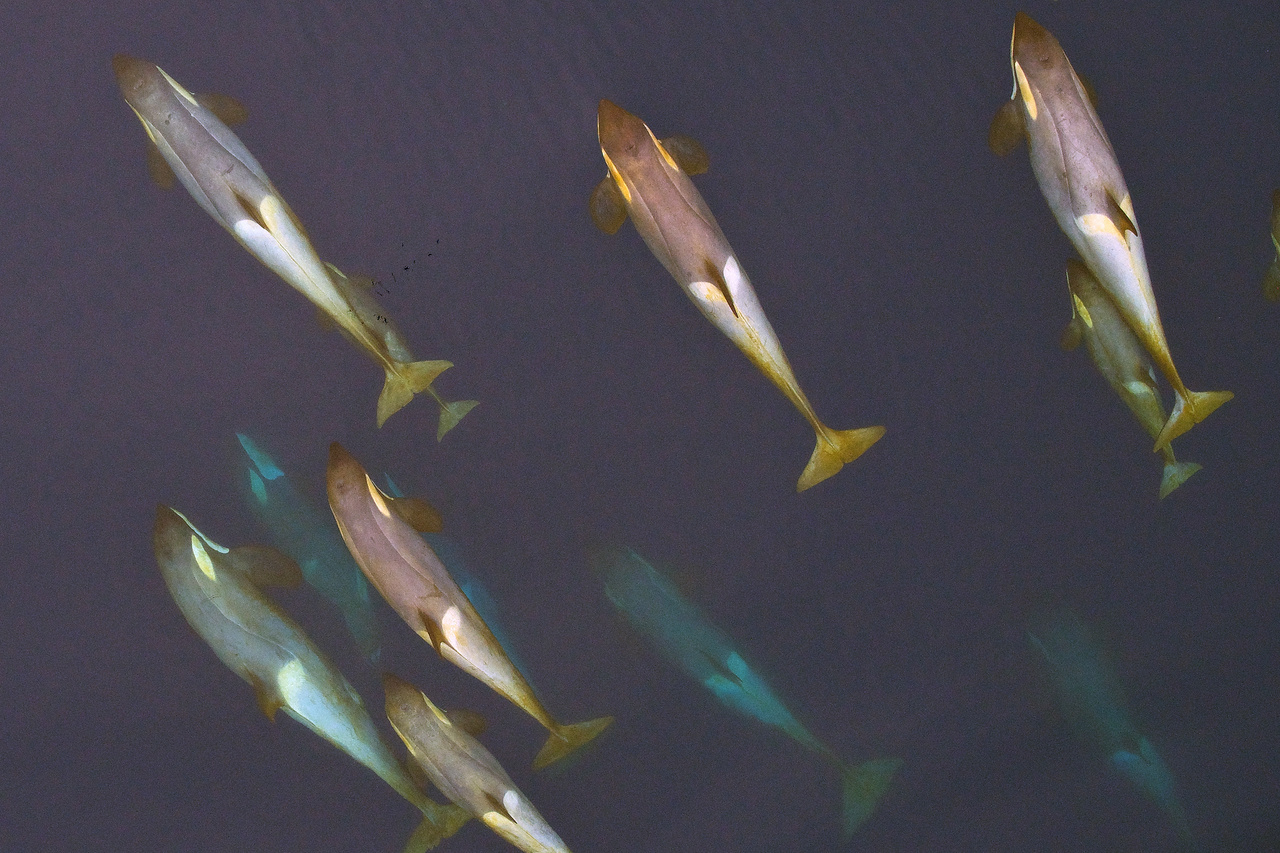
2017 Aerial Surveys of Arctic Marine Mammals—Post 3
A Gray Whale in Peard Bay ASAMM.
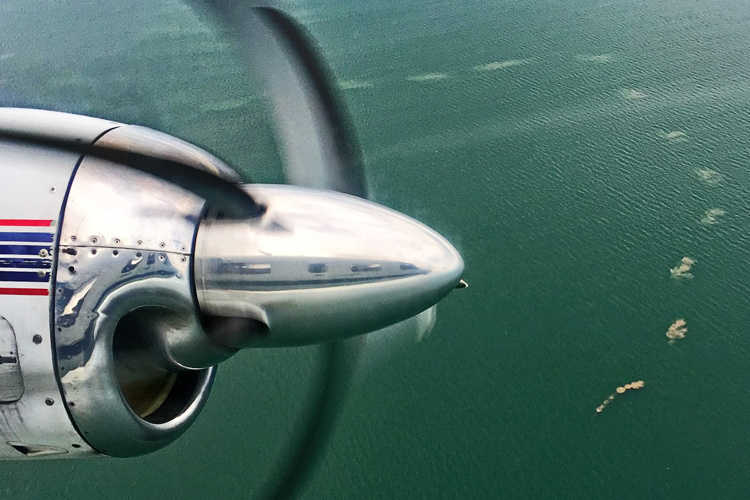
Commercial or Educational Photography Permit
This permit allows you to approach marine mammals to obtain images or video that you will use for a discreet project. Examples include documentary films, television series, and books.
Help Belugas
Members of the public are integral to helping NOAA Fisheries and our partners study and conserve Cook Inlet belugas.